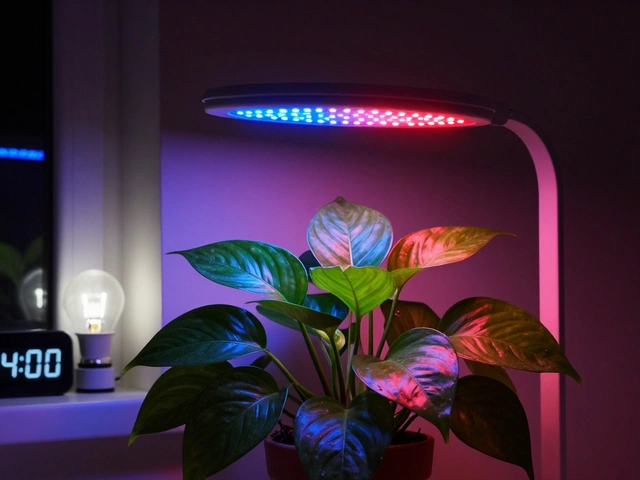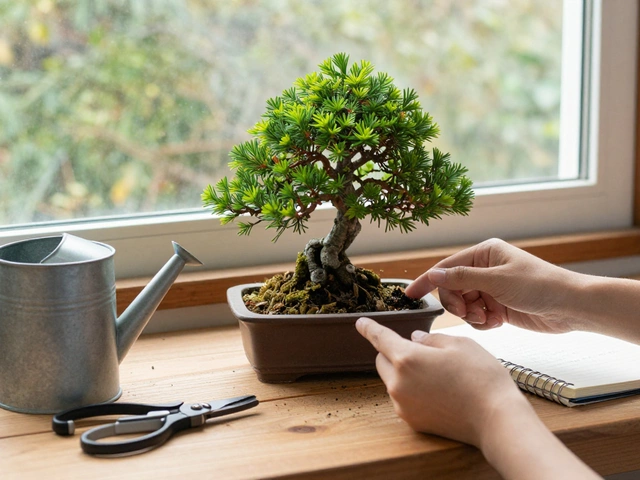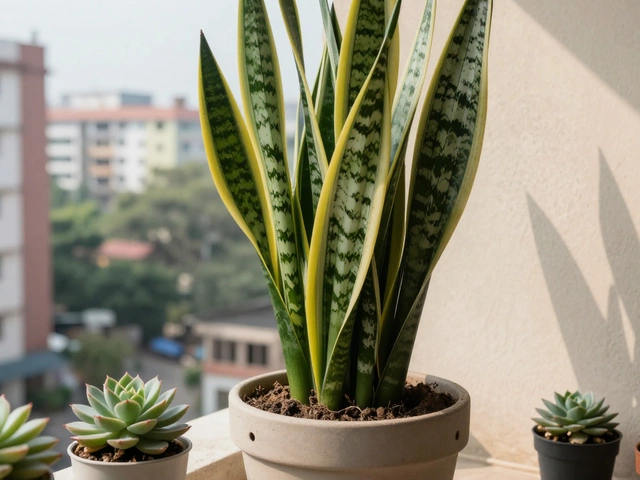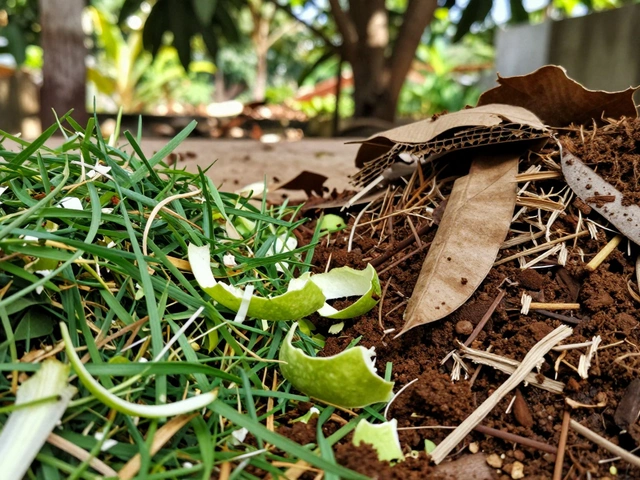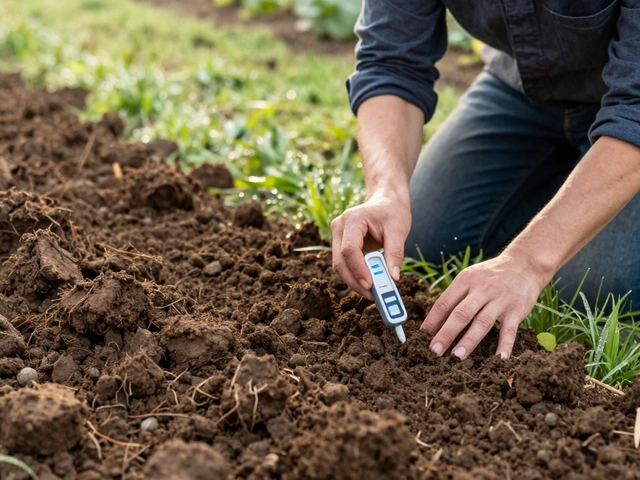Integrated Pest Management: Natural Ways to Control Garden Pests Without Chemicals
When you hear integrated pest management, a science-backed approach to controlling garden pests using a mix of natural methods instead of harsh chemicals. Also known as IPM, it’s not about killing every bug—it’s about keeping pest populations low enough that your plants thrive without toxic sprays. Most gardeners reach for chemical sprays first, but those often backfire. They kill beneficial insects, harm soil life, and leave pests stronger over time. Integrated pest management flips that script. It’s about understanding the ecosystem in your garden and working with it, not against it.
This approach relies on a few key tools you already have. neem oil, a plant-based insecticide that disrupts pest reproduction without harming bees or pets is one of the most effective. It’s not a quick fix, but it stops pests like aphids and whiteflies from multiplying. Then there’s soil health, the foundation of pest resistance. Healthy soil grows strong plants that naturally fight off bugs. Compacted, nutrient-poor soil? That’s where pests move in. Fix your soil with compost and mulch, and you reduce pest problems before they start. You also need to know your garden’s layout—what plants attract good bugs, which ones pests love, and how to space them to block infestations.
It’s not magic. It’s observation. Check your plants weekly. Look under leaves. Notice if ants are crawling up stems—that’s often a sign of aphids nearby. Keep a journal: when did the problem start? What changed in watering or weather? The best pest control isn’t a product—it’s a habit. And the most powerful tool you have? Patience. You won’t eliminate every bug. You’ll learn to live with a few, while keeping the ones that hurt your plants under control.
The posts below show exactly how this works in real gardens. You’ll find how neem oil beats synthetic sprays, why fixing compacted soil stops pests before they arrive, and how simple changes in watering and plant choice make your garden less inviting to bugs. No guesswork. No expensive gear. Just clear, tested steps that work in Indian home gardens and balconies.
Explore practical, science-backed alternatives to pesticides. Discover eco-friendly solutions, expert tips, and real-life examples that help farms thrive safely.
Continue reading...

